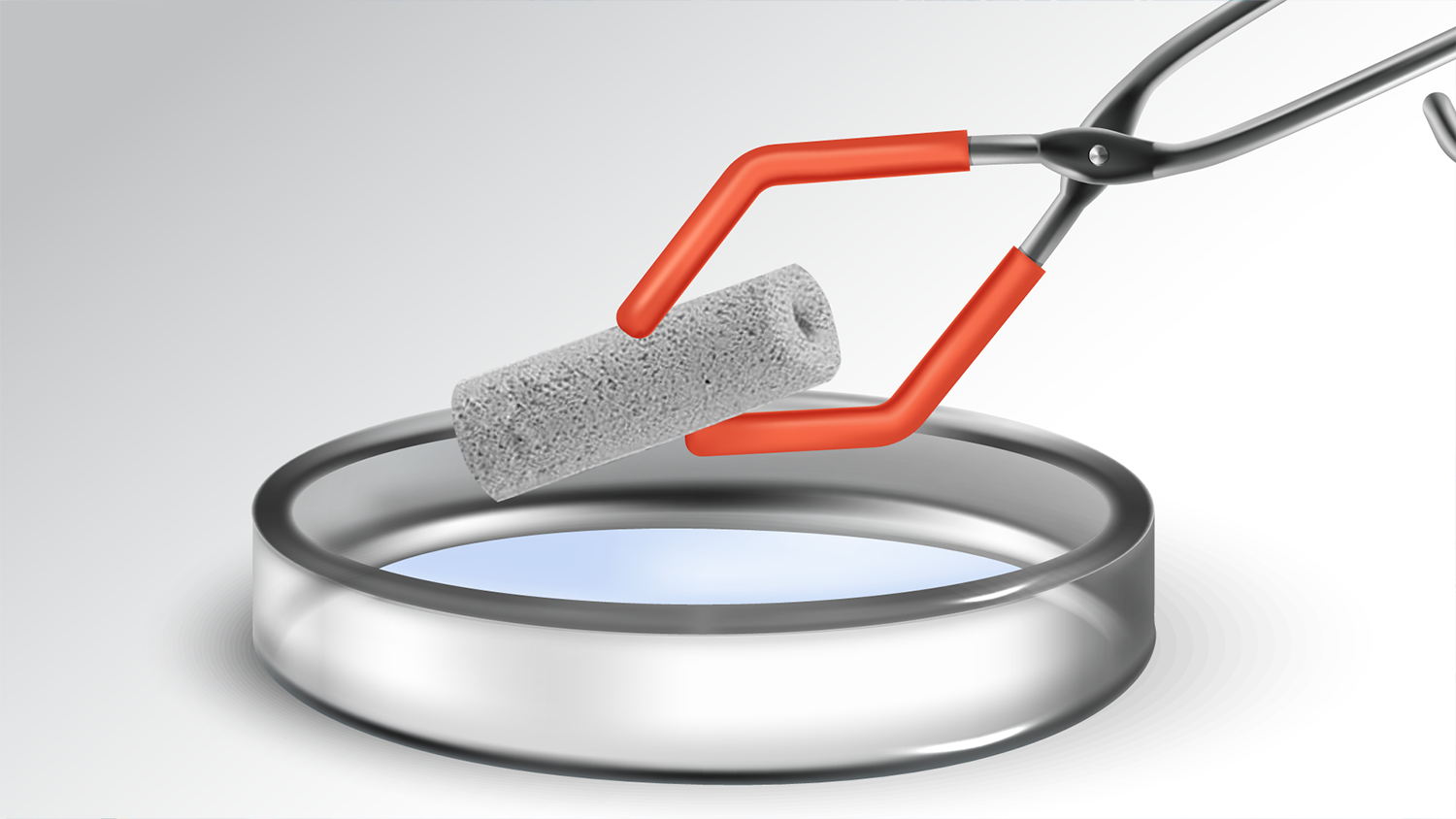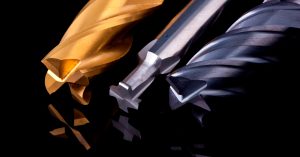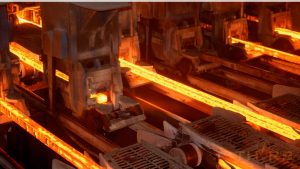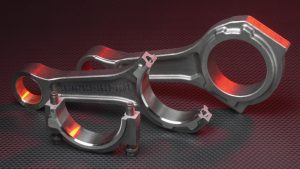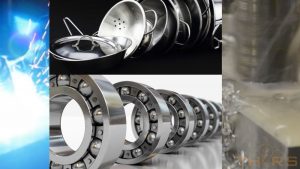Course Description
The THORS Ceramic Basics course details the characteristics and types of ceramics. Learners are introduced to the mechanical, thermal, electrical, chemical, and optical characteristics of different ceramic materials. This course provides learners with an engaging learning experience that allows them to obtain a thorough understanding of the types of ceramics, spanning from traditional to engineered.
Who will benefit from this ceramics course?
Sales, Purchasing, Manufacturing Engineering, Quality, and Design Engineering
Course Classification

*THORS uses the Bloom’s Taxonomy Methodology for our course development.
Certificate Awarded for Ceramics Basics
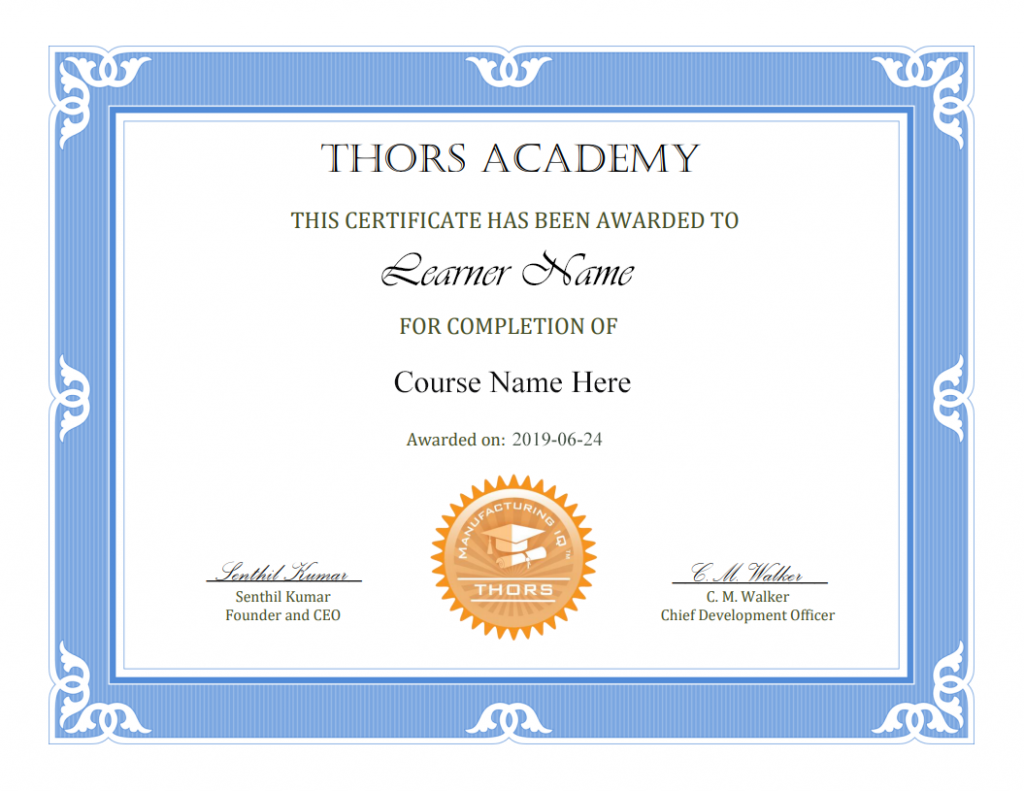
*upon successful completion
Related Posts

How to Make Your Home Learning Environment Top Notch!
Since COVID shutdowns and the work from home revolution, there’s been a lot of discussion about making a home space conducive to working. But what

eLearning Support for On-Site Training
eLearning has emerged as a revolutionary force in the realm of learning and professional development, evolving into an imperative tool in today’s competitive landscape. The

Cross-Cultural Training Benefits
Understanding Cross-Cultural Training In today’s interconnected world, businesses are expanding beyond borders. To thrive globally, organizations must equip their employees with cross-cultural skills. Cross-cultural training

